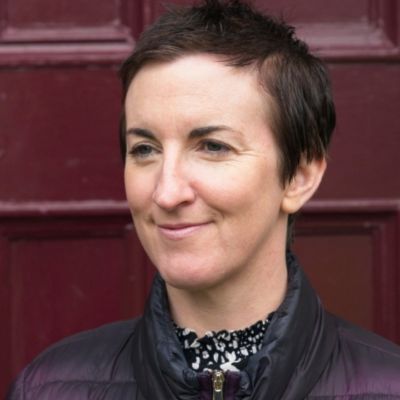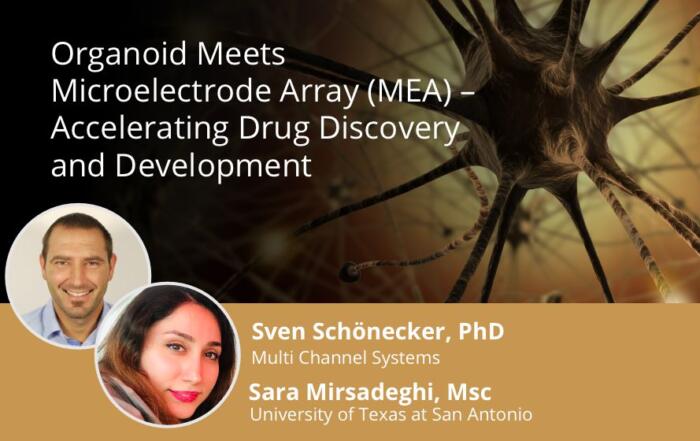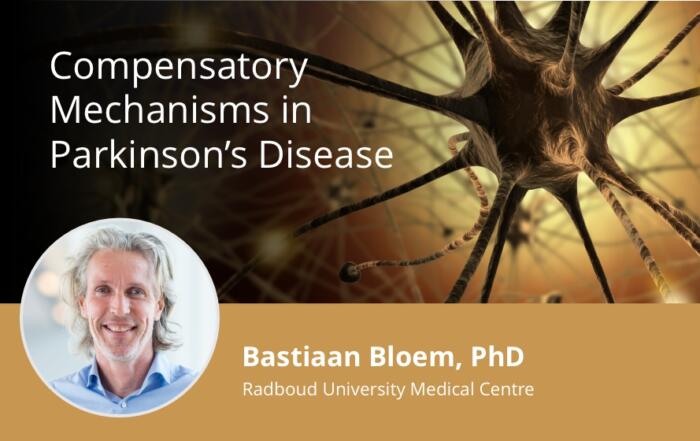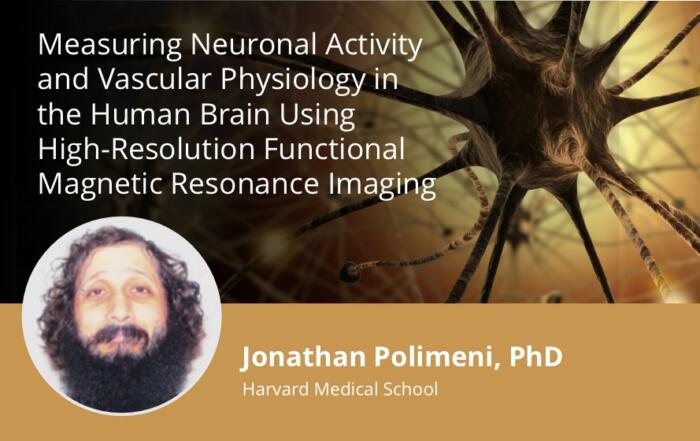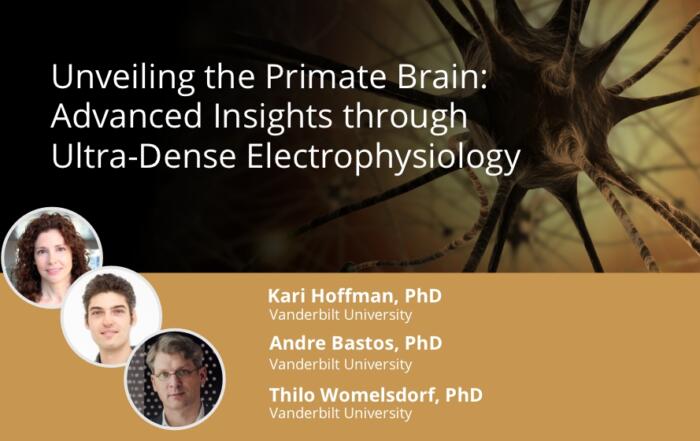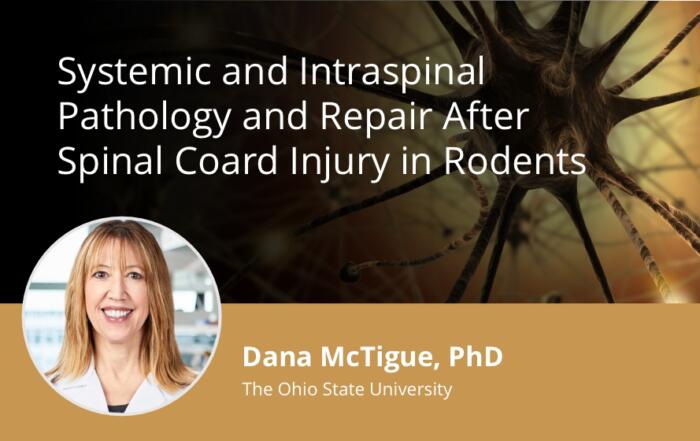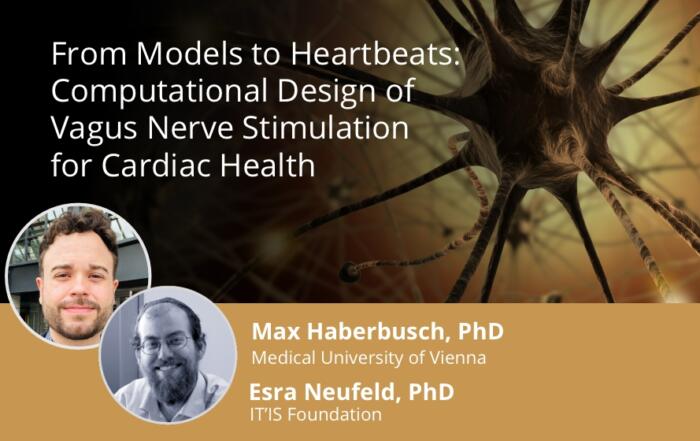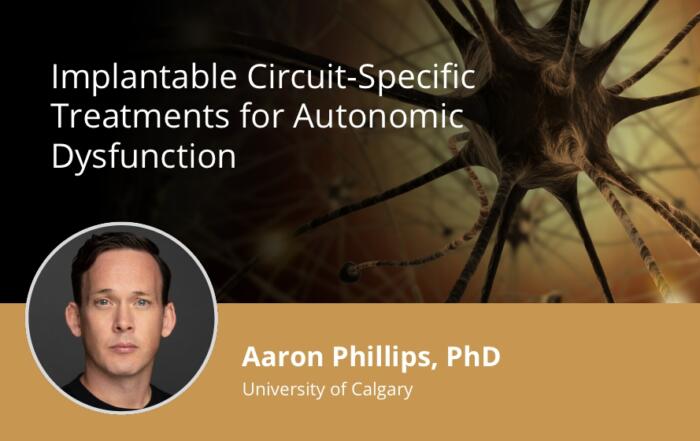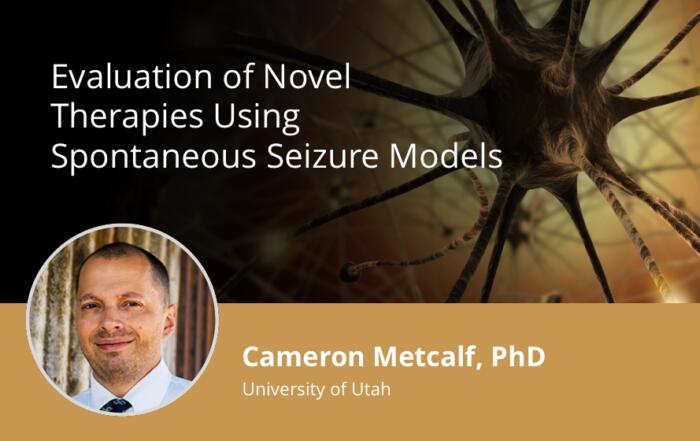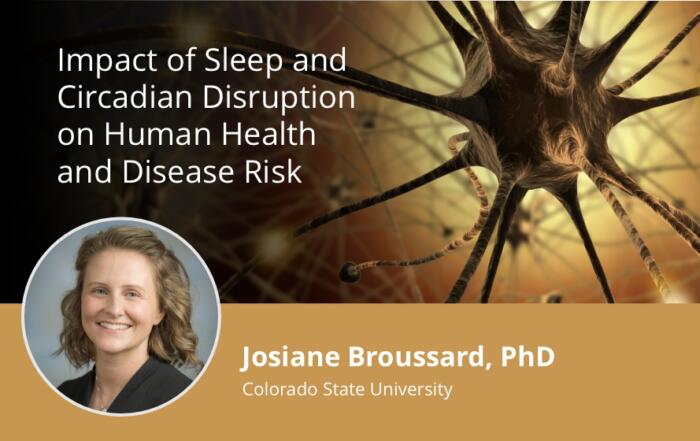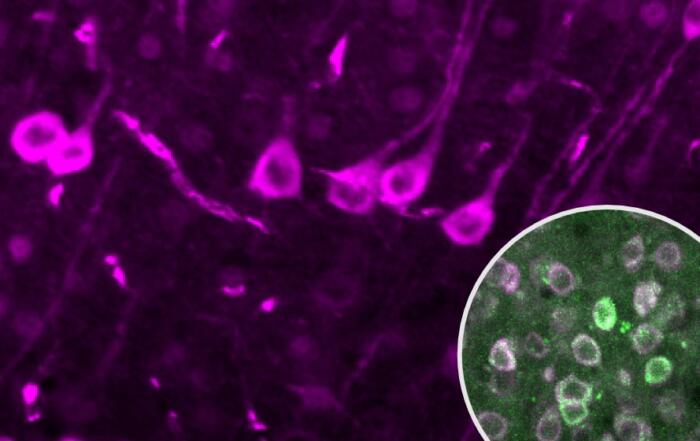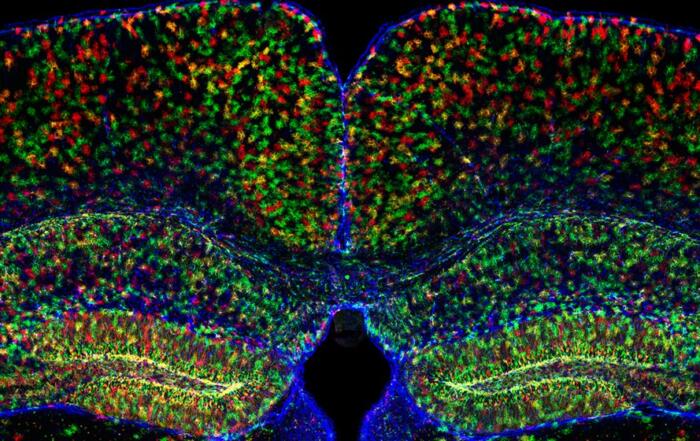Hear Eilís Dowd, PhD highlight her lab's recent data demonstrating that dopaminergic cell replacement in the Parkinsonian rodent brain is enhanced when the cells are transplanted in a neurotrophin-enriched collagen hydrogel.
Cell-based brain repair is a promising therapeutic option for Parkinson’s disease, whereby the nigrostriatal dopaminergic neurons that have degenerated over the course of the disease are replaced by transplantation of healthy neurons. However, this approach has long been hampered by poor transplant survival and/or maturation in situ in the brain.
The hydrogel provides the transplanted neurons with a physical scaffold for cell-matrix adhesion, a neurotrophin reservoir for sustained neurotrophin exposure after transplantation, and shielding from the deleterious effects of the host innate immune response. Together these beneficial mechanisms allow for a dramatic improvement in survival and maturation of the transplants in situ in the Parkinsonian brain. Overall, this work suggests that the clinical transplant field should move towards the incorporation of biomaterials into future clinical trials in order to improve the efficacy of this therapeutic approach for patients.
Key Topics Include:
- An understanding of the challenges facing cells transplanted into the Parkinsonian brain in brain repair approaches
- An appreciation for how biomaterials have the potential to overcome these challenges
- An awareness of the extent to which biomaterials can improve brain repair by enhancing the survival and maturation of cells transplanted into the brain
Presenters
Professor
Pharmacology & Therapeutics
University of Galway
